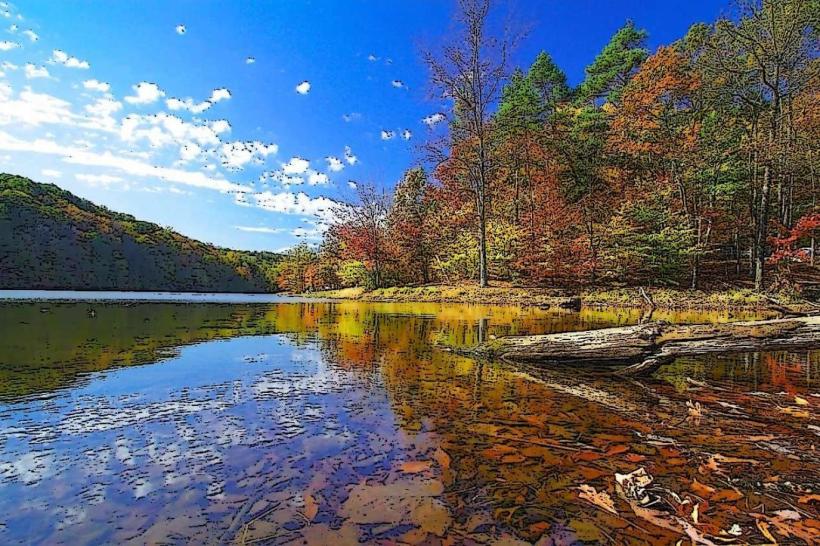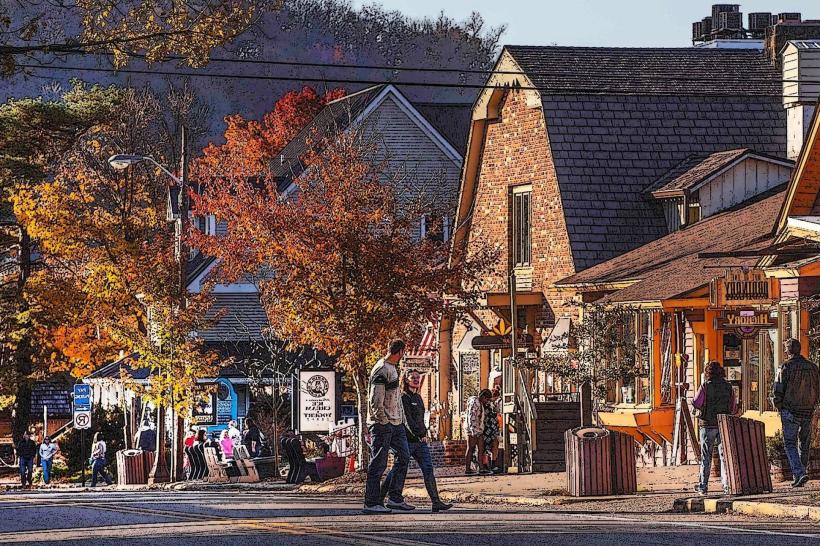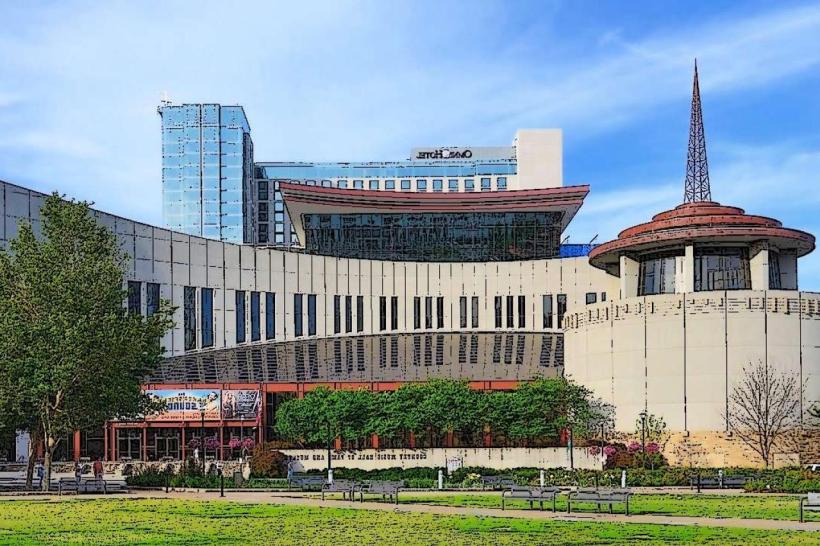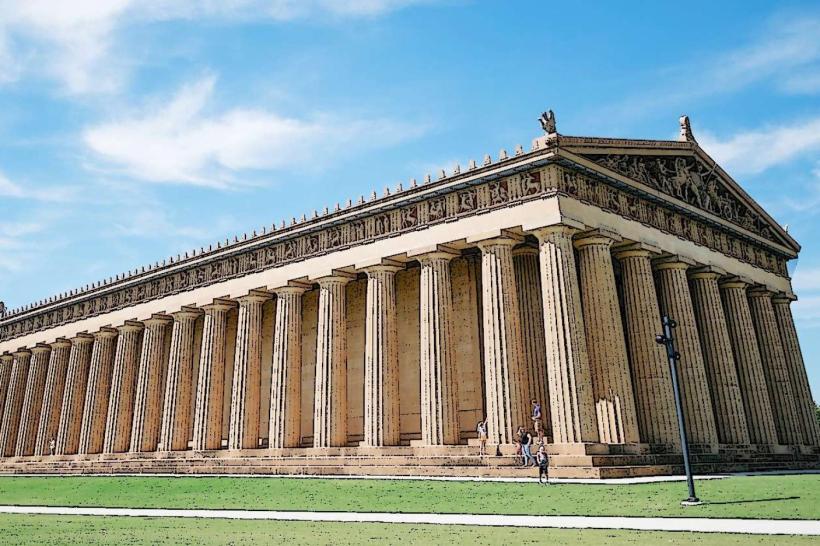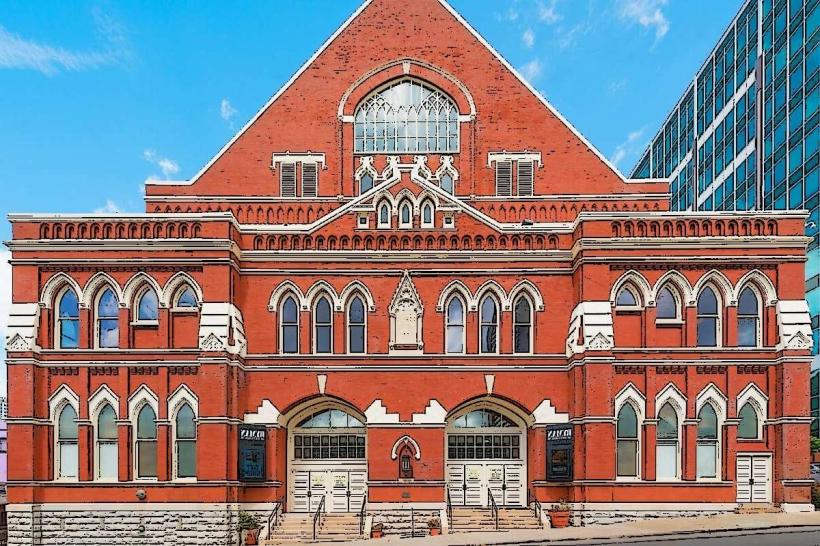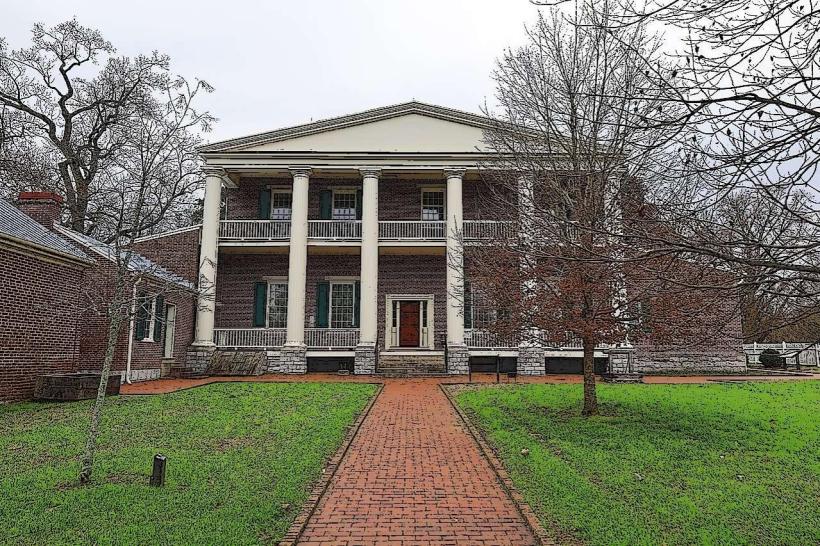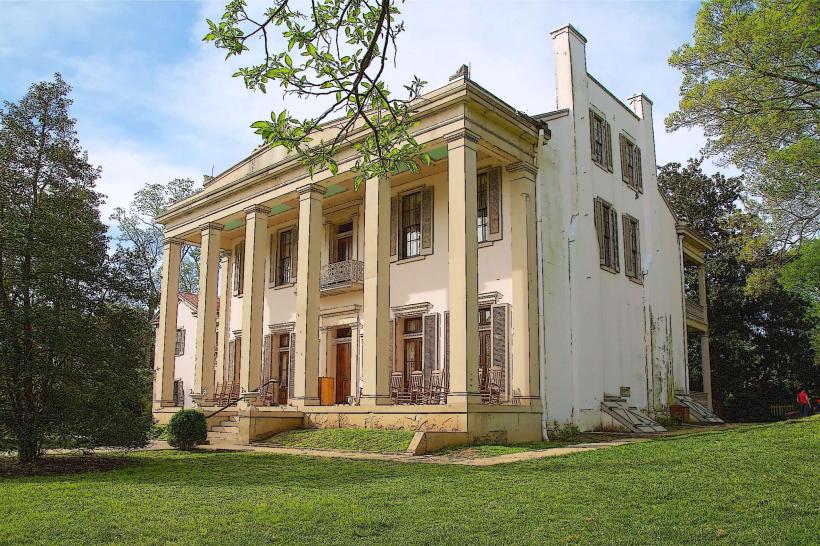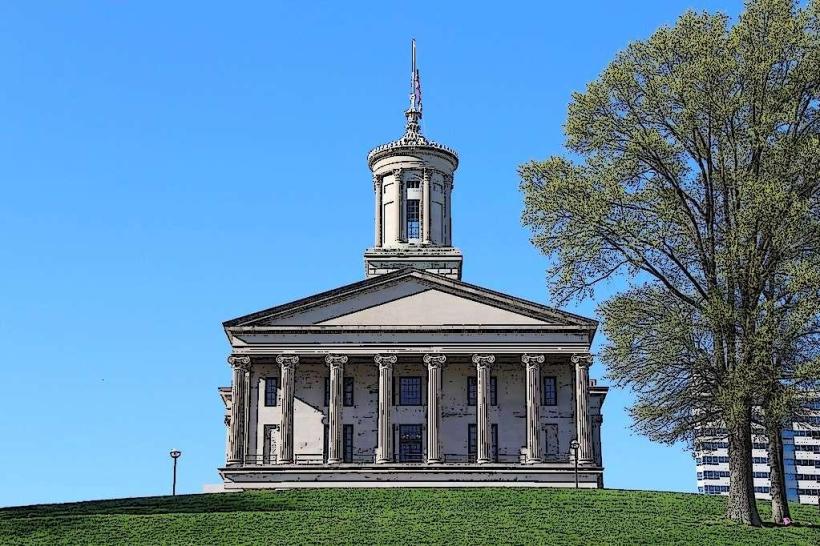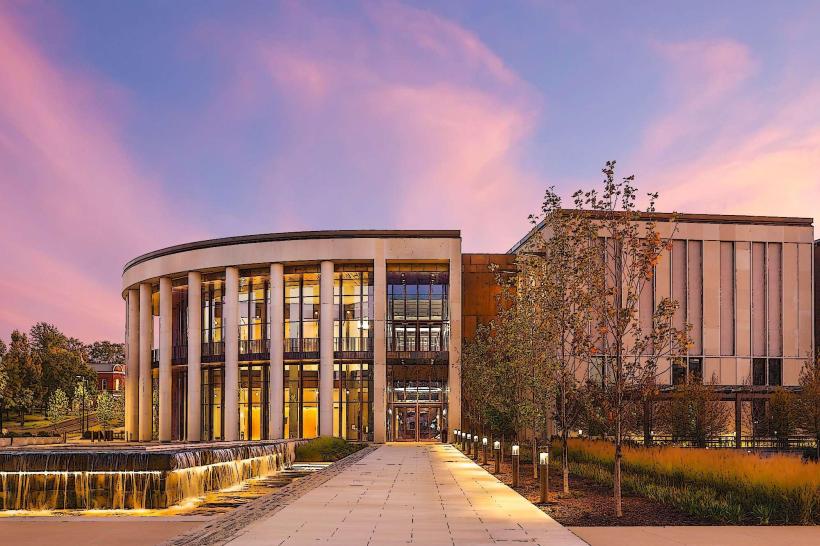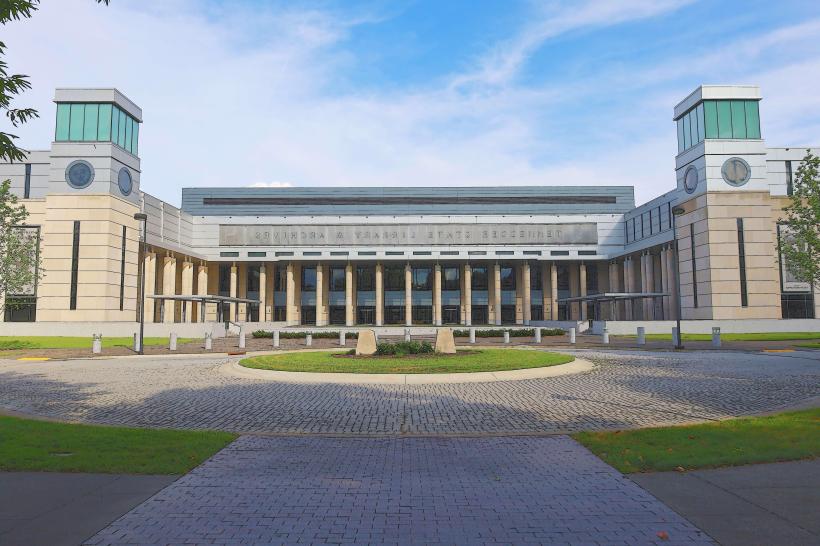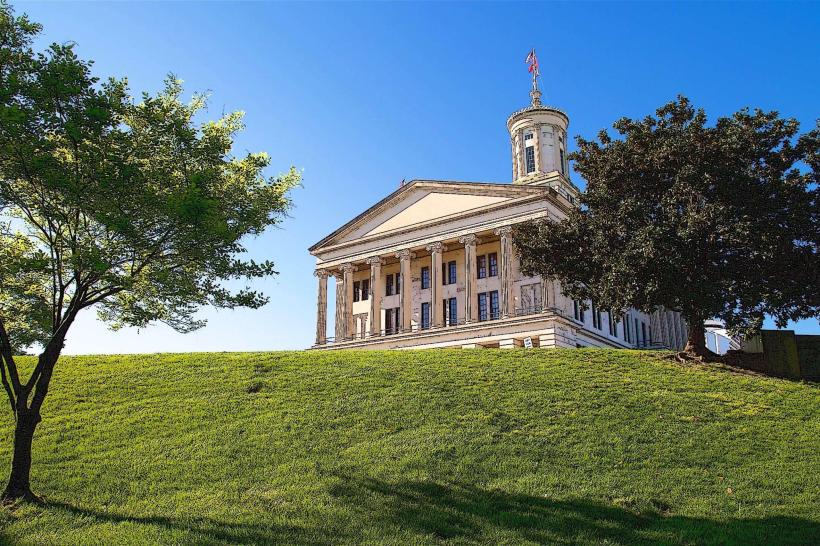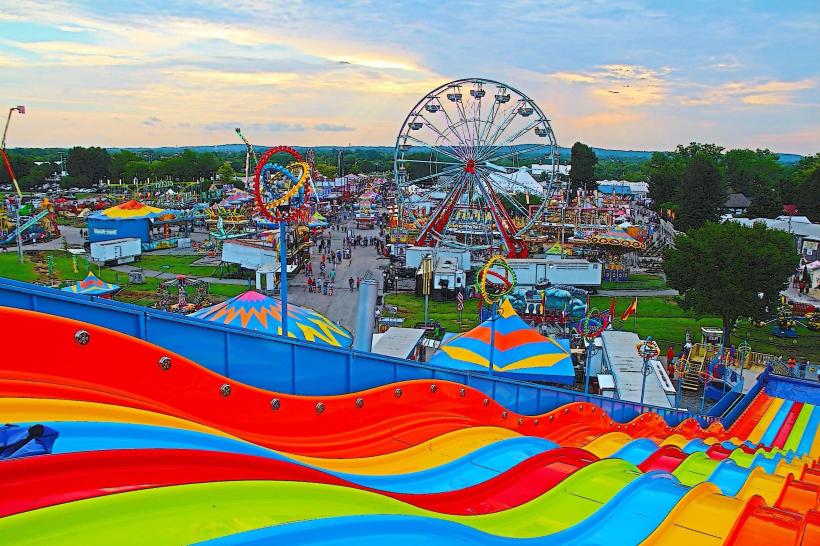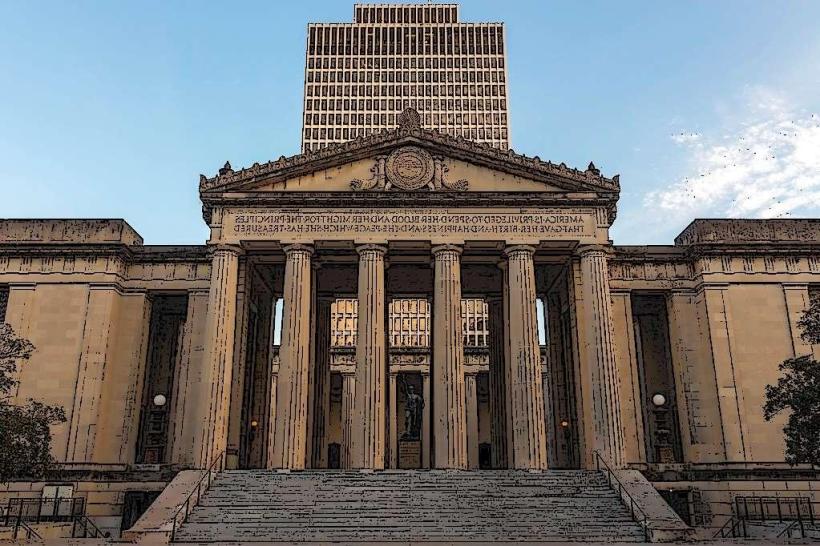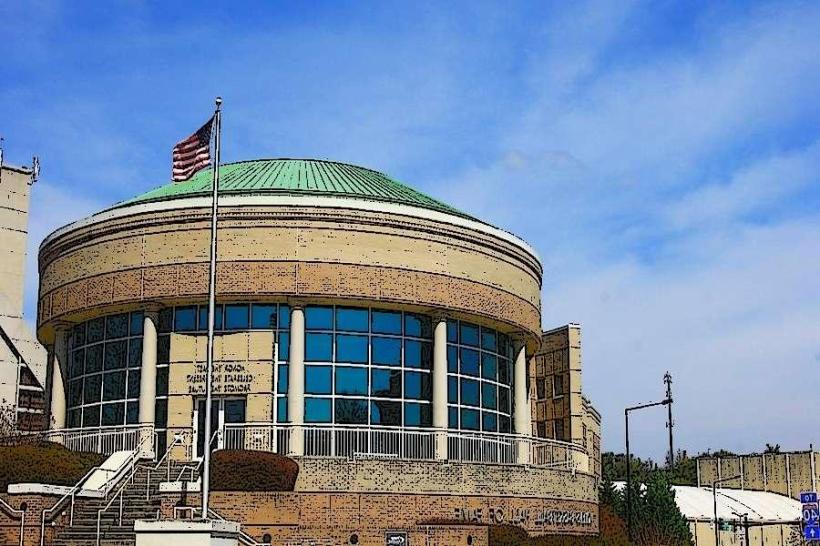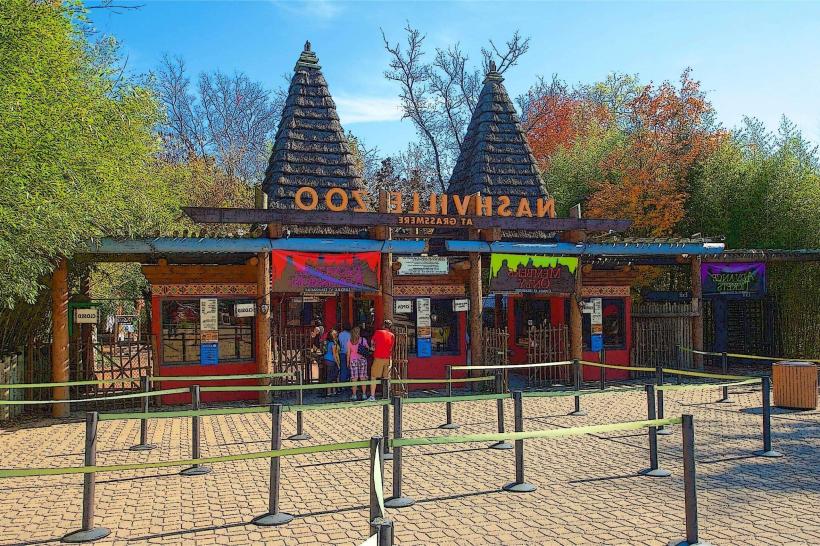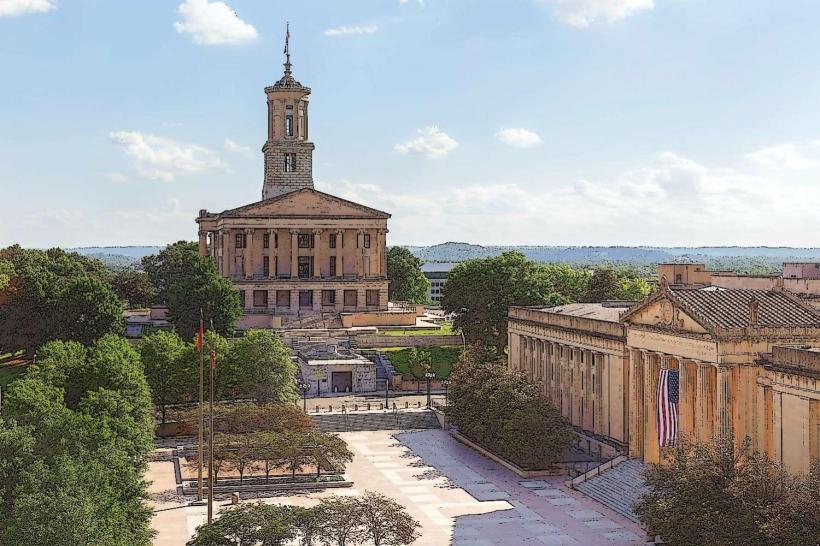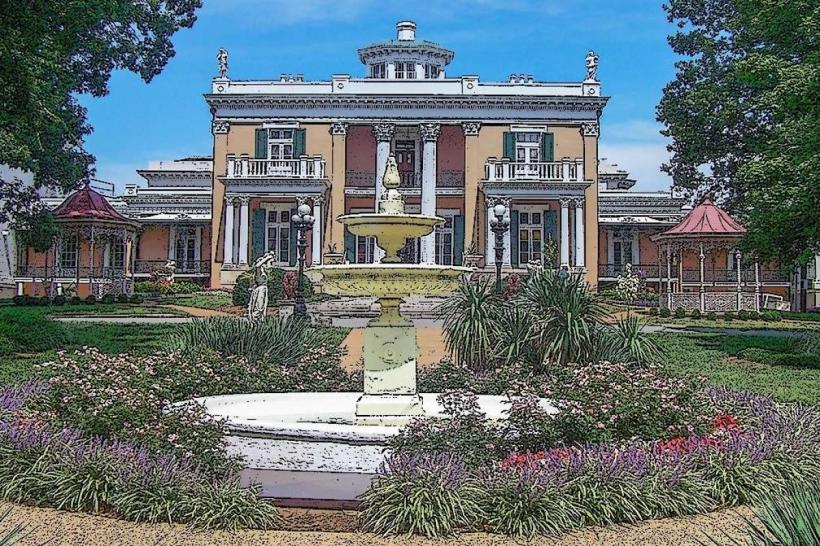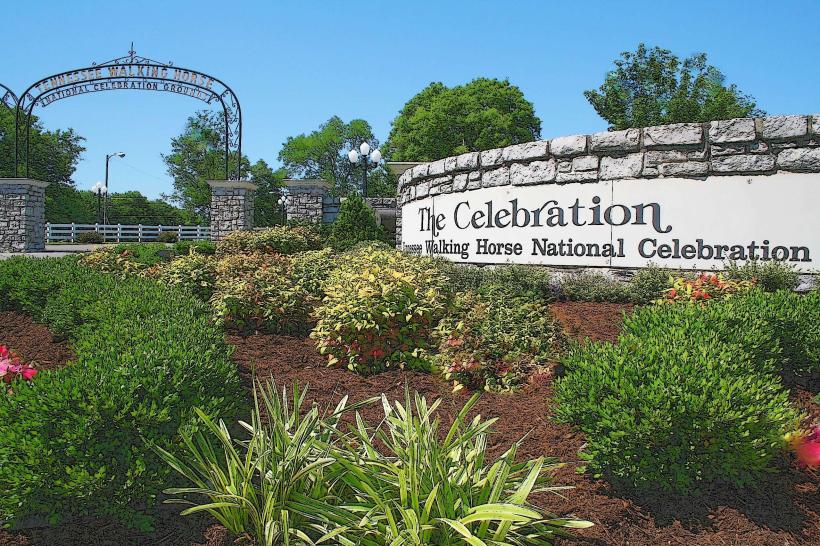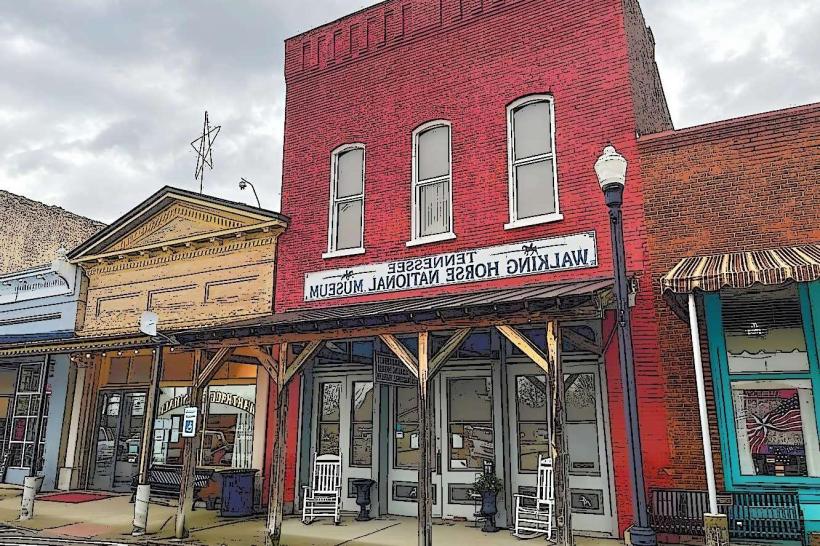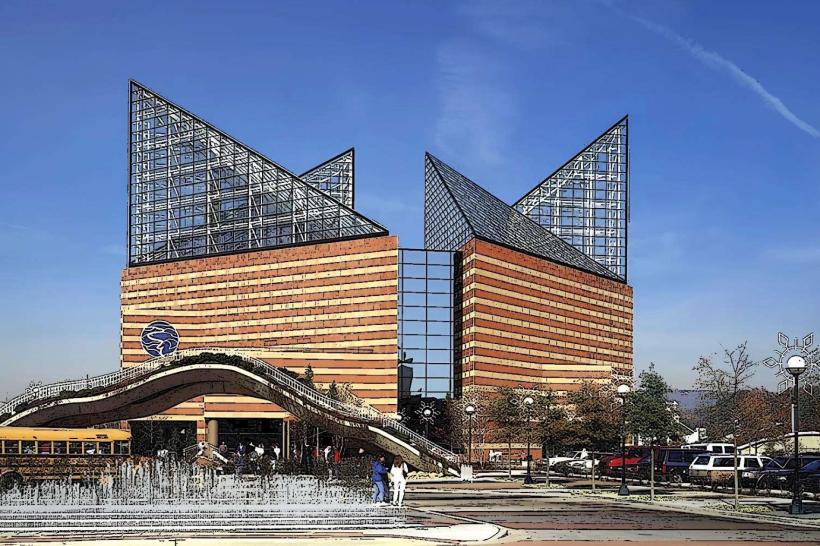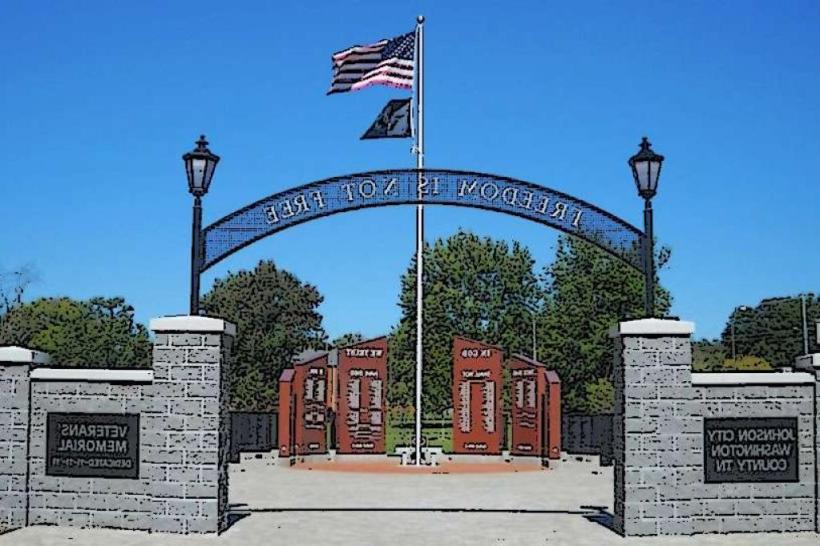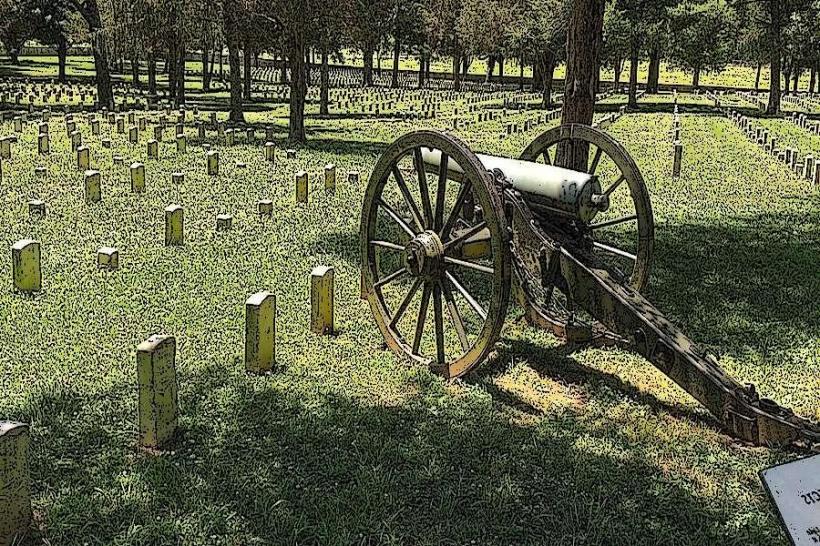Information
City: NashvilleCountry: USA Tennessee
Continent: North America
Nashville, USA Tennessee, North America
Nashville is an independent consolidated city-county and the capital of Tennessee, situated on the Cumberland River in the North Central part of the state. Known globally as "Music City," it is defined by its status as the world capital of country music, its emergence as a major "New South" economic engine, and its role as a premier center for healthcare, publishing, and higher education.
Historical Timeline
Inhabited by the Mississippian and Cherokee peoples for millennia. Primary governance eras include its 1779 founding as Fort Nashborough and its 1806 incorporation as a city. A critical historical event was the Battle of Nashville (1864), a decisive Union victory during the Civil War. In the early 20th century, the 1925 launch of the Grand Ole Opry radio broadcast codified its identity as a music hub. The late 20th century saw the city consolidate with Davidson County (1963), while the 21st century has been characterized by a massive population and construction boom, transforming it into a top-tier U.S. metropolitan destination.
Demographics & Population
The population is approximately 690,000 (Metro area ~2 million). The demographics are White (53%), Black or African American (27%), Hispanic or Latino (10%), and Asian (4%). It is a rapidly growing, cosmopolitan city with a significant Kurdish population (the largest in the U.S.) and a massive concentration of musicians, healthcare professionals, and university students.
Urban Layout & Key Districts
Nashville is characterized by a radial layout with diverse, distinct neighborhoods expanding from the riverfront.
Broadway / Lower Broad: The tourist heart, featuring "Honky Tonk Highway," neon signage, and live music venues.
The Gulch: A former industrial rail yard transformed into a high-density, upscale neighborhood featuring luxury high-rises and trendy dining.
Germantown: A historic district north of downtown known for Victorian architecture and a high concentration of the city’s top-tier culinary establishments.
East Nashville: An eclectic, creative hub across the river, known for its "hipster" culture, independent boutiques, and historic bungalows.
12 South: A popular, walkable residential and retail strip featuring boutique shopping and dining.
Midtown / Music Row: The center of the city’s music industry, housing hundreds of recording studios and publishing houses.
Top City Landmarks
The Parthenon: A full-scale, exact replica of the Athenian original, located in Centennial Park.
Ryman Auditorium: The "Mother Church of Country Music" and original home of the Grand Ole Opry.
Country Music Hall of Fame and Museum: A massive complex housing the definitive history of the genre.
The Grand Ole Opry House: The current home of the world’s longest-running radio show (located in the Opryland area).
Cheekwood Estate & Gardens: A 55-acre botanical garden and historic estate.
Nashville Parthenon: Houses the tallest indoor statue in the Western world (Athena Parthenos).
Transportation Network
Movement is primarily automotive-dependent. Public transit is serviced by WeGo Public Transit (bus system). The city is a major junction for I-40, I-65, and I-24. Commercial air service is via Nashville International Airport (BNA), a major regional hub located 13 km east. Ride-sharing is universal and high-density. Traffic density is extreme, particularly at the "Loop" (the ring of interstates surrounding downtown) during peak hours.
Safety & "Red Zones"
The general safety level is moderate. Property crime, specifically "theft from auto" in tourist districts and residential burglary, is the primary concern. Caution is advised at night in parts of North Nashville, Bordeaux, and specific blocks near Lafayette St due to higher rates of localized violent crime. There are no officially designated "red zones." Common scams include fraudulent "CD sellers" on Broadway and unauthorized "valet" services in high-traffic nightlife areas.
Digital & Financial Infrastructure
Internet speeds average 1000+ Mbps with fiber availability via Google Fiber, AT&T Fiber, and Xfinity. Main mobile carriers are Verizon and AT&T. Card acceptance is universal. ATMs are concentrated on Broadway, Midtown, and the Gulch.
Climate & Air Quality
Temperatures range from -1°C to 9°C in winter and 21°C to 32°C in summer. The city is subject to high humidity and is located in a regional "Tornado Alley" with frequent severe spring storms. Air quality is moderate, often impacted by regional allergens and vehicle emissions.
Culture & Social Norms
The standard tipping percentage is 20–25%. A handshake or a "friendly nod" is the standard greeting. Dress codes are "Southern-Chic" or "Casual-Professional" (boots and denim are acceptable in nearly all settings). The city is culturally defined by its "Music City" hustle, its deep-seated hospitality, and its world-famous Nashville Hot Chicken.
Accommodation Zones
Downtown / The Gulch: Recommended for tourists seeking nightlife and proximity to Broadway.
Midtown / West End: Recommended for business travel and proximity to Vanderbilt University.
East Nashville: Recommended for local-vibe stays and independent rentals.
Local Cost Index
1 Espresso: $4.75 (USD)
1 Hot Chicken Sandwich: $14.00 (USD)
1 Standard Uber (Downtown to East Nashville): $15.00–$25.00.
Nearby Day Trips
Franklin, TN: (30 km south; historic Civil War downtown).
Jack Daniel’s Distillery: (120 km south in Lynchburg).
Mammoth Cave National Park: (150 km north in Kentucky).
Facts & Legends
Nashville is the only city in the world where you can find a full-scale Parthenon. Historically, it was the first Southern city to desegregate its lunch counters. A local legend involves the "Ghost of the Ryman," rumored to be the spirit of Captain Tom Ryman. Another legend concerns "The Music Row Time Capsule," rumored to contain master recordings from the 1950s buried beneath one of the city's historic studios to preserve the "Nashville Sound."

